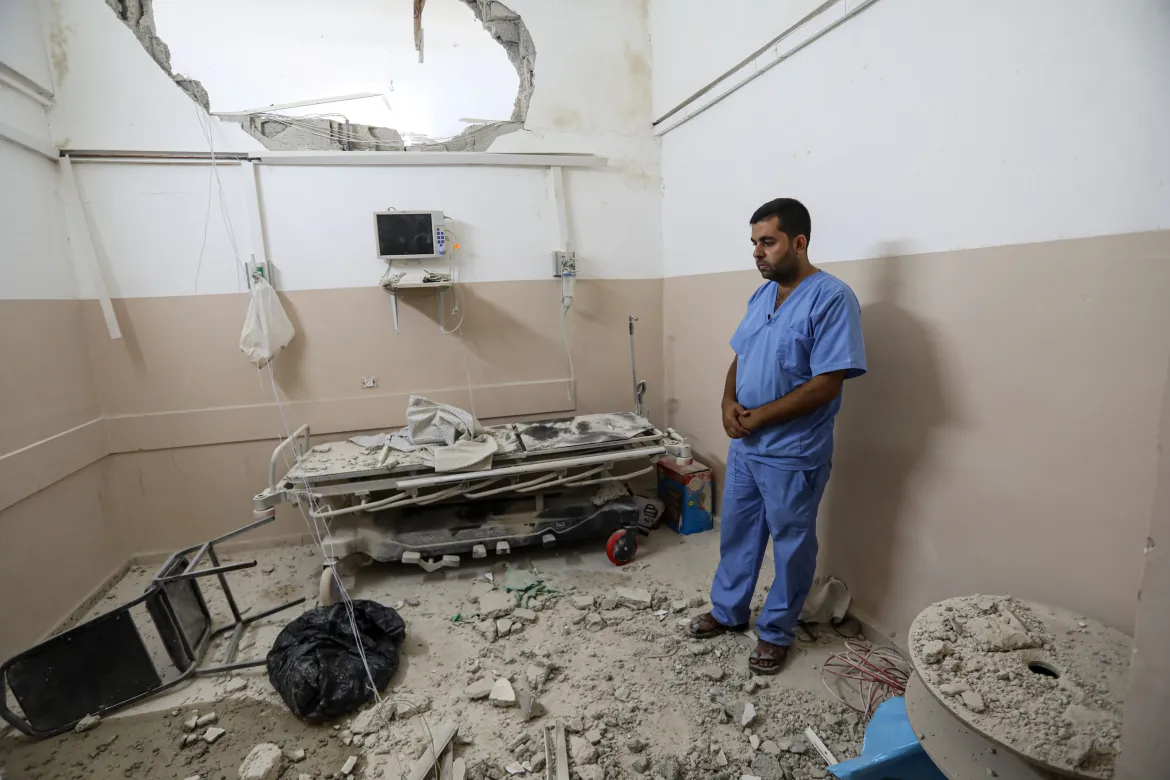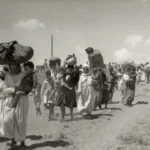
The Assault on Gaza’s Last Functioning Hospital
In a world where global conflicts often seem distant and removed, the recent events surrounding the attack on Kamal Adwan Hospital in Northern Gaza serve as a stark reminder of the harsh realities faced by those in war-torn regions. As the last functioning healthcare center in the area, Kamal Adwan Hospital was a crucial lifeline for many, housing hundreds of civilians, patients, and medical workers. Reports indicate that the hospital came under heavy shelling, directly impacting critical departments such as gynecology and maternity, and leaving the lives of many, including newborns in incubators, hanging in the balance. This situation brings to light the dire consequences of ongoing conflicts and the urgent need for humanitarian intervention.
The attack on Kamal Adwan Hospital has sparked international concern, with allegations of breaches in humanitarian law. Dr. James Smith, a UK emergency physician, emphasized the impossibility of evacuating the hospital safely, given the relentless bombardment and sniper fire. The demand for evacuation by the Israeli Defense Forces (IDF) is seen as an unattainable request, as there are not enough ambulances to ensure the safe passage of patients and staff, particularly when the surrounding area remains perilous. This highlights the complexities of wartime logistics and the challenges faced by medical professionals working under such extreme conditions.
Amidst these dire circumstances, the international community is grappling with the implications of these attacks on civilian infrastructure. Hospitals and healthcare workers are protected under international law, yet the ongoing conflict in Gaza raises questions about the enforcement of these laws and the accountability of those involved. The IDF has denied targeting the hospital, yet the situation on the ground paints a contrasting picture. The broader geopolitical implications are significant, as these events have the potential to exacerbate tensions in an already volatile region.
The humanitarian crisis in Gaza is further compounded by the lack of access to essential services and aid. Reports suggest that children in Northern Gaza have been deprived of humanitarian assistance for weeks, underscoring the urgent need for international intervention and support. The closure of Kamal Adwan Hospital would have dire consequences for the local population, leaving over 75,000 civilians without adequate healthcare and exacerbating the already precarious living conditions in the region. This situation calls for a renewed focus on diplomatic solutions and the protection of civilian lives in conflict zones.
In reflecting on these events, it is crucial to consider the broader implications of international involvement and the responsibilities of global leaders. The ongoing conflict in Gaza serves as a poignant reminder of the human cost of war and the importance of upholding humanitarian principles. As the world watches, there is a collective responsibility to advocate for peace, support those affected by conflict, and work towards a future where hospitals and civilians are no longer targets in times of war.









